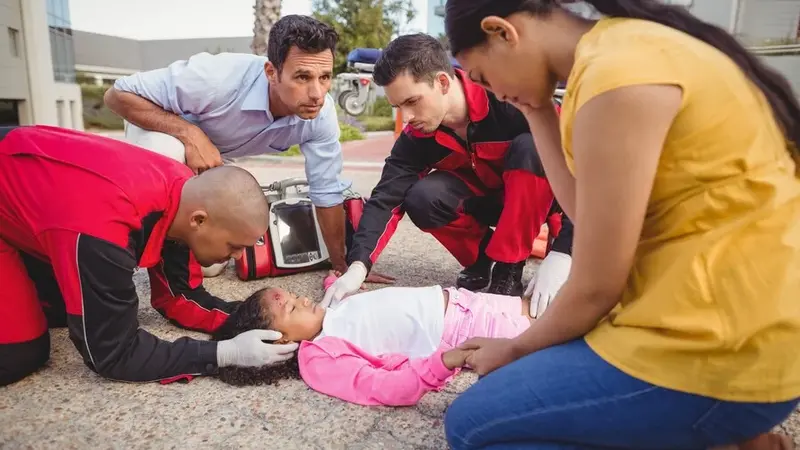Emergency services are the backbone of any society, providing vital assistance in times of crisis. From paramedics to firefighters to police officers, these brave individuals work tirelessly to ensure our safety. But in the fast-paced world we live in, efficiency is paramount.
In this blog post, we’ll explore how emergency services can be optimized to save lives more swiftly. We’ll also highlight the importance of continuous training and education for emergency responders.
The Role of Technology in Emergency Services
Technology has revolutionized many industries, and emergency services are no exception. Advanced communication systems, real-time data sharing, and GPS technology have all contributed to faster response times. For instance, digital dispatch systems allow emergency responders to receive critical information instantly, enabling them to arrive at the scene more quickly. Additionally, drones are being used for search and rescue missions, providing aerial views that can help locate missing persons or assess disaster areas.
Training and Continuous Education
While technology plays a crucial role, the importance of training and continuous education cannot be overstated. Emergency responders must be well-prepared to handle a wide range of situations, from medical emergencies to natural disasters. Regular training sessions and simulations help keep their skills sharp and ensure they are ready for any scenario. Specialized programs, such as those offered at helicopter flight school Tulsa OK, provide advanced training for pilots involved in air medical services, enhancing their ability to perform life-saving missions.
Community Engagement and Awareness
Another key aspect of efficient emergency services is community engagement and awareness. Educating the public on how to respond in emergencies can save precious time and lives. This includes CPR training, fire safety drills, and public awareness campaigns about the proper use of emergency services. When the general public is informed and prepared, they can act as an additional layer of support for emergency responders, creating a more resilient community.
Collaboration Between Agencies
Collaboration between different emergency services agencies is essential for a coordinated response. When police, fire, and medical teams work together seamlessly, they can manage complex situations more effectively. Joint training exercises and shared communication platforms foster better teamwork and understanding, ultimately leading to more efficient operations. Furthermore, collaborations with private entities, such as hospitals and utility companies, can provide additional resources and expertise.
The Importance of Mental Health Support
The demanding nature of emergency services can take a toll on the mental health of responders. Offering mental health support and resources is crucial for maintaining their well-being and ensuring they can continue to perform their duties effectively. Counseling services, peer support programs, and stress management workshops can help responders cope with the challenges they face on the job. A healthy, supported workforce is better equipped to provide top-notch emergency services.
Future Innovations in Emergency Services
Looking ahead, the future of emergency services holds exciting possibilities. Innovations such as artificial intelligence, augmented reality, and autonomous vehicles have the potential to further enhance efficiency and effectiveness. AI-powered predictive analytics can help anticipate emergencies and allocate resources more strategically. Augmented reality can assist in training simulations and real-time decision-making. Autonomous vehicles, including drones and ambulances, can improve response times and reduce the burden on human responders.
Conclusion
Efficient emergency services are essential for saving lives swiftly. By leveraging technology, investing in training, engaging the community, fostering collaboration, and supporting the mental health of responders, we can create a more effective and resilient emergency response system.
If you’re passionate about making a difference, consider supporting your local emergency services or even becoming a responder yourself. Together, we can ensure that help arrives swiftly when it is needed most in emergency services. Visit here for more details.
